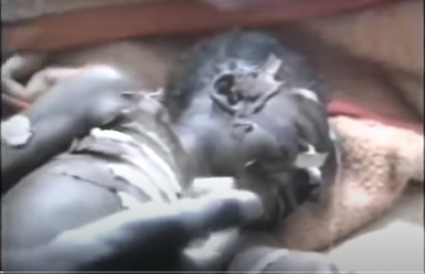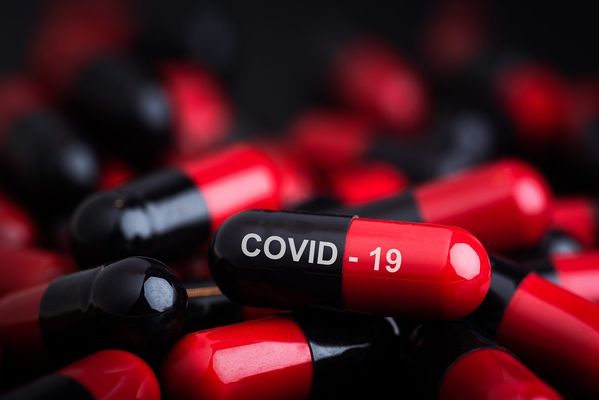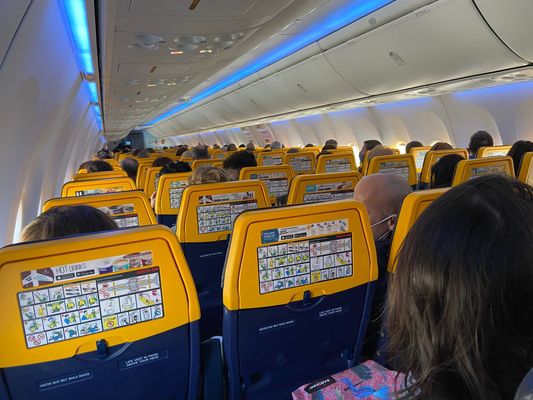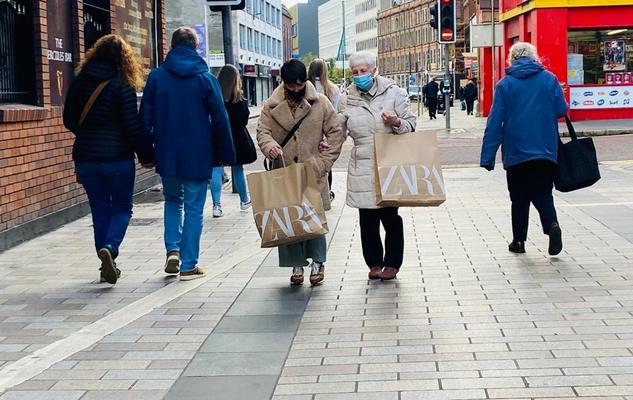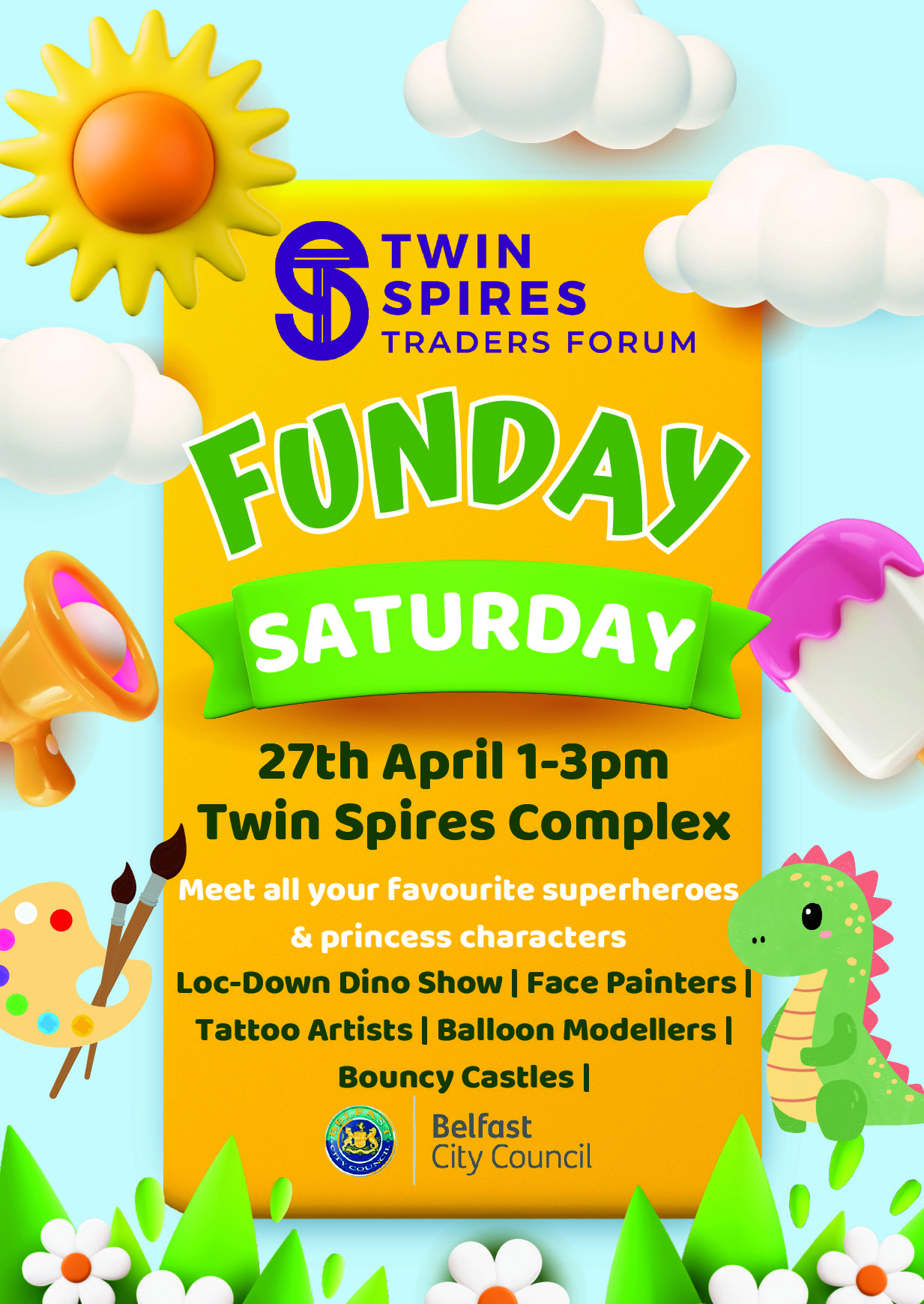With flu vaccine already in short supply, what hope is there for the Covid-19 vaccine with politics taking over from health?
Time for some reflection.
When I was growing up Paisley was against ‘The Devil’s Buttermilk’ (even if Guinness and the Mater Hospital said it was good for you) being sold or consumed — even with cake.
He insisted on smelling the breath of journalists in case they had been in McGlade’s or the BBC Club. However, the current generation of the DUP want alcohol to be sold by the hospitality sector to, we are solemnly informed, ward off poverty.
Poverty, it now appears to the DUP at least, is worse than dying of Covid-19.
To my mind the poor house is better than a plot in Milltown as it is possible to escape the surly bonds of poverty but not the efforts of skilled grave diggers (essential workers).
I will raise a glass to them the next time in McEnaney’s (opposite Milltown). There used to be a drinkers wing of the DUP but now the ‘glass of wine’ section has infected the ‘pioneer’ wing. How about their very own R number for the DUP?
Nov 11 1975: After 15 years of armed struggle against Portuguese colonialism #Angola declares independence. MPLA's Agostinho Neto named president.
— Steve Lalla (@steve_lalla) November 11, 2020
But apartheid south africa & u.s attacked, losing again to MPLA by 2002.
550,000+ died in these wars for Angolan independence. pic.twitter.com/DpUKdw5OGb
My own political Damascus came from growing up in Andersonstown, wanting to be like Doctor Bunting and going to QUB during the civil rights movement.
When it came to elective study in medicine in the seventies, a fellow Andersontownian and I chose Angola rather than the Medical Missionaries of Mary, preferring the speeches of Commandante en Jefe Fidel than the sermons of Father Cunningham.
In Angola many had malaria, TB and Schistosomiasis and then came to hospital with something more acute like a gunshot wound from UNITA — but our ‘black baby’ money had not gotten through.
We arrived in the capital in 1975, courtesy of the Union of Students in Ireland and Aeroflot and were put up in a government hotel alongside ZAPU guerrilla leader Jose Nkomo of Rhodesia who ate heartily.
We were taken to see the health minister who, when he heard we were from the Falls Road, wanted to fly us down to Moxico province where the Cubans were seeing off the South Africans.
Luckily he could not find a plane and we were dispatched by Jeep to Salazaar, a quiet backwater now renamed nDalatando.
We were given a house divested of furniture by fleeing Portuguese and guarded overnight by a detachment of the FAPLA against the UNITA (Forcas Armadas Popular Libertad Angolana).
We had cold water twice a day and Cuban doctors and nurses shared rotten goat, fish and Algerian baby biscuits.
The patients who waited on the hospital verandah spoke Kimbundo, a native tongue and Portuguese or French, if educated, but few spoke English — and we had but a cúpla focal as Gaelige.
I phoned home from the post office to my long-suffering mother for my anaesthetic book as I was to be the anaesthetist for the province of Cuanza Norte (no interview required), making use of intravenous Ketamine and valium to stun patients who hallucinated in Kumbundo. They generally got the surgery they required, from a lady whose uterus ruptured during her sixteenth birth and required hysterectomy to a boy who needed intubated up the nose when a hand grenade he picked up on the street exploded in his face.
A LONG WAY FROM A'TOWN: Angola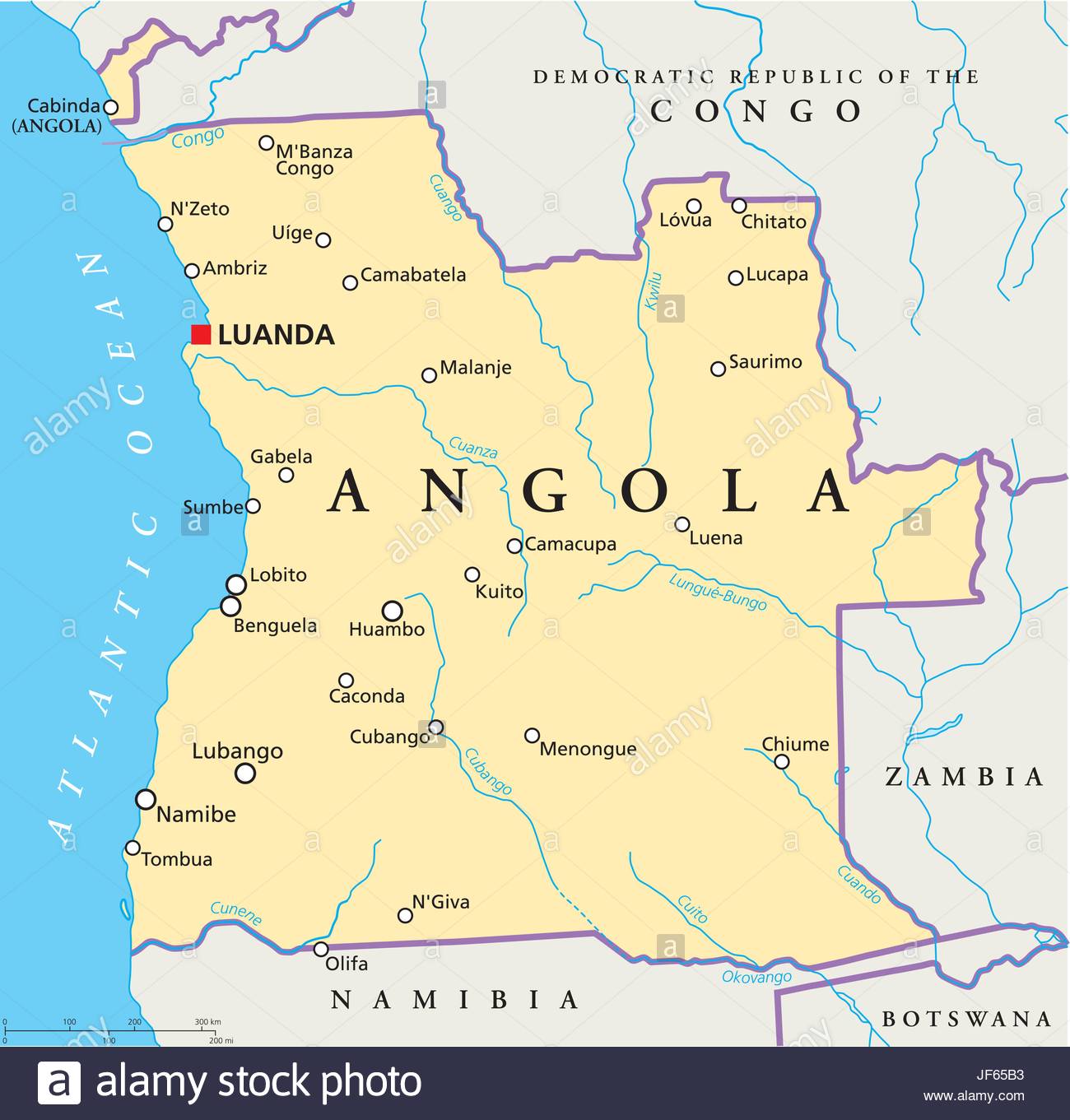
And even though we were stretched to our very limits in the backwoods of Angola, we — unlike our very own Public Health Agency today — could count the waiting list by going to the front door of the hospital.
Women in labour came at all hours and if they needed blood the ‘hombre de sange’ was dispatched down the town with a coke bottle, Bunsen tube and syringe to bleed anyone whose blood group he knew.
After a few months we were pleased when the Nigerian Army Police band took us to the empty airport and a blond Air France stewardess welcomed us on board the flight to Paris and then Dublin — a welcome return to the White Fort Inn after maize beer which Paisley might have called ‘The Devil’s gruel’.
We had learned a lot and identified a case of Schistosomiasis in the RVH (as rare as rocking horse manure). We both went on to study public health and in later years grew to be amazed at the mess of how our pandemic is being managed by those who should know better and politicians who should leave it to those who know.
Dr Michael Donnelly MB, BCh, BAO is a clinical epidemiologist.

